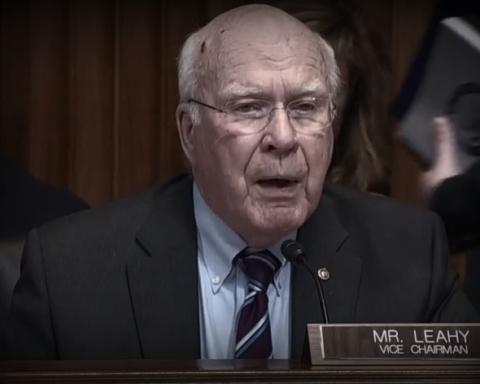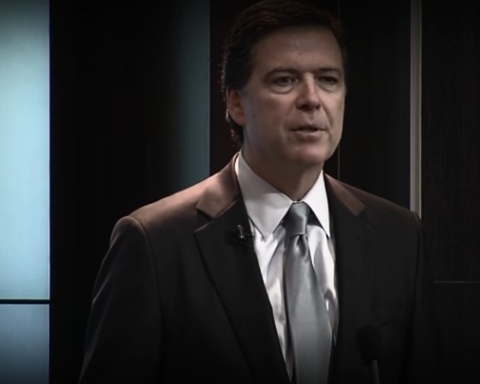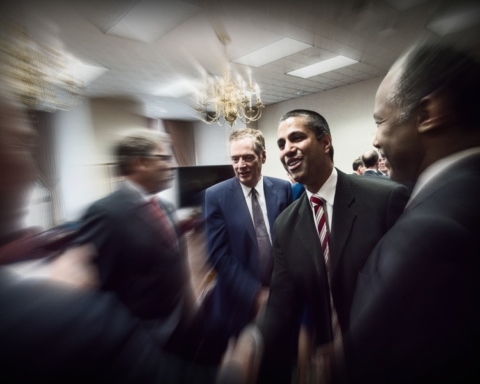One of the Senate’s fiercest counter-terrorism hawks just turned his back on the FBI in its public fight with Apple over consumer privacy.
Sen. Lindsey Graham (R-S.C.), who last December called on Silicon Valley to stop selling encrypted devices, expressed serious concern on Wednesday about the precedent the Department of Justice would set if it successfully compels Apple to break iPhone security features.
“I was all with you until I actually started getting briefed by the people in the Intel Community,” Graham told Attorney General Loretta Lynch during an oversight hearing in the Senate Judiciary Committee. “I will say that I’m a person that’s been moved by the arguments about the precedent we set and the damage we might be doing to our own national security.”
During several minutes of direct questioning, Graham picked apart the department’s arguments in the Apple case, in which federal agents are attempting to access a phone that was used by one of the San Bernardino mass shooters, Syed Farook. The government is asking the tech company to create software that will turn off components related to the device’s passcode that protect its encrypted data. Farook cannot do it himself. He was killed by police after helping carry out the massacre.
“One of the arguments Apple makes is that there are other companies that make encryption,” Graham said to Lynch during the hearing. “So from a terrorist point of view, you’re not limited to Apple’s iPhone to communicate are you?”
“I think the terrorists use any device they can to communicate,” the Attorney General responded.
“So this encryption issue, if you require Apple to unlock that phone that doesn’t deny terrorist the ability to communicate privately does it, there are others ways they can do this,” Graham noted.
The senator appears to be evolving on the issue of digital privacy, if Wednesday’s hearing is any indication. Following the failed attack last year by two gunmen outside of a Prophet Muhammad drawing contest in Garland, Texas, and subsequent claims made by the FBI Director that an encrypted phone had disrupted the investigation, Graham lashed out at tech giants, urging them to change their business model.
“There is technology available to terrorists where they can communicate without — even with a court order, they can communicate without us knowing. That has to change,” he said last December.
Winding up his remarks on Wednesday, the senator alluded to the weight of the department’s actions, and the effect they could have in a number of different arenas globally–while doing very little to stop terrorism.
“We’re balancing the information we’re trying to get in this individual case against a precedent we may be setting that other countries could follow,” Graham started, “and we also have to balance the idea that the terrorists can use encryption outside of Apple, and we also have to balance the idea that we may be hurting American companies that are competing globally.”
“Senator, I’m not going to cabin the issues at this time,” Lynch countered. “Because I think for us this issue is about the criminal investigation into a terrorist act and the need to obtain evidence.”
“It’s just not so simple,” Graham responded. “I thought it was that simple.”








